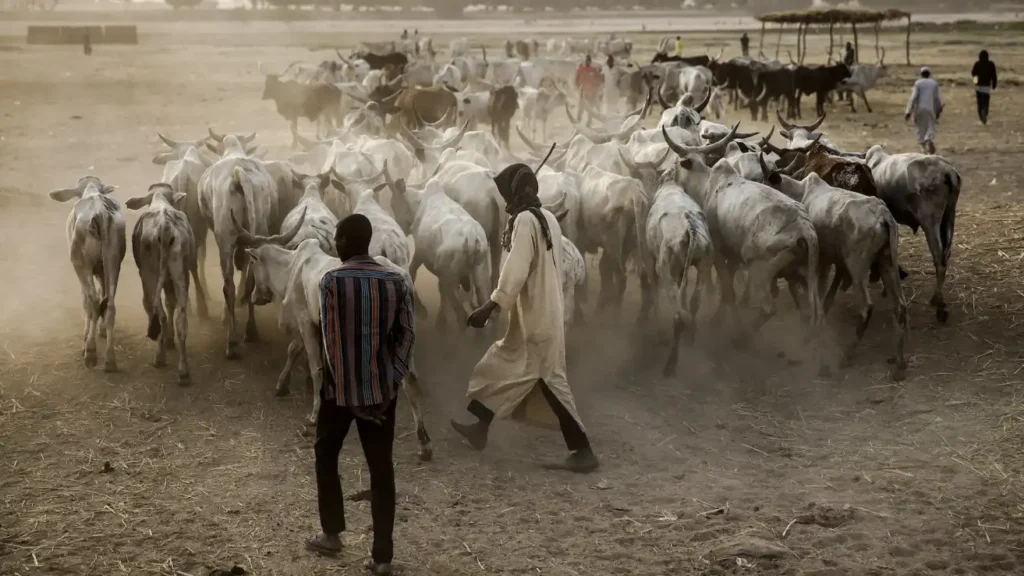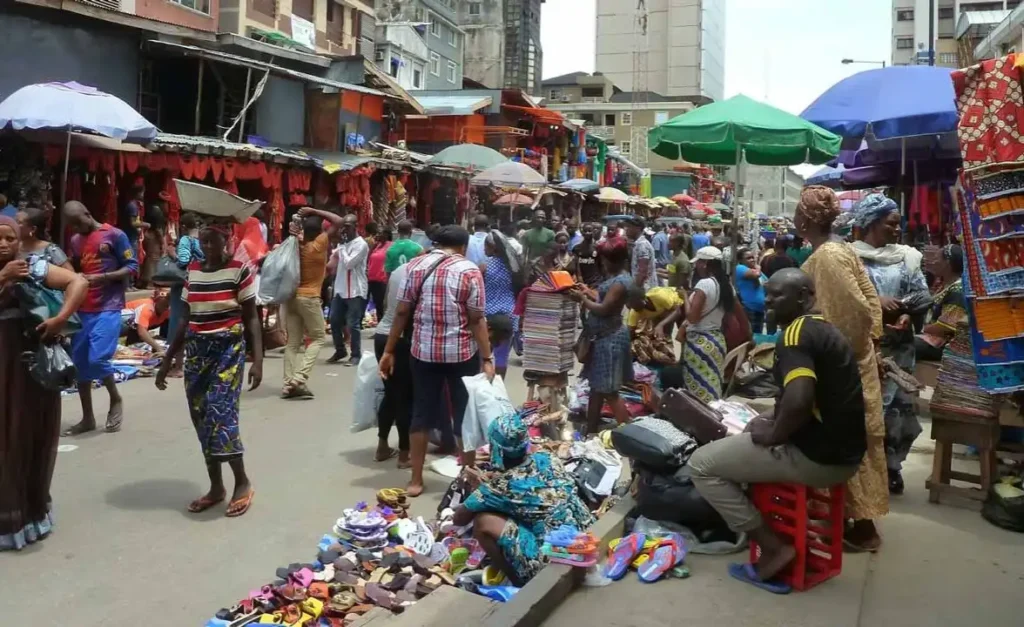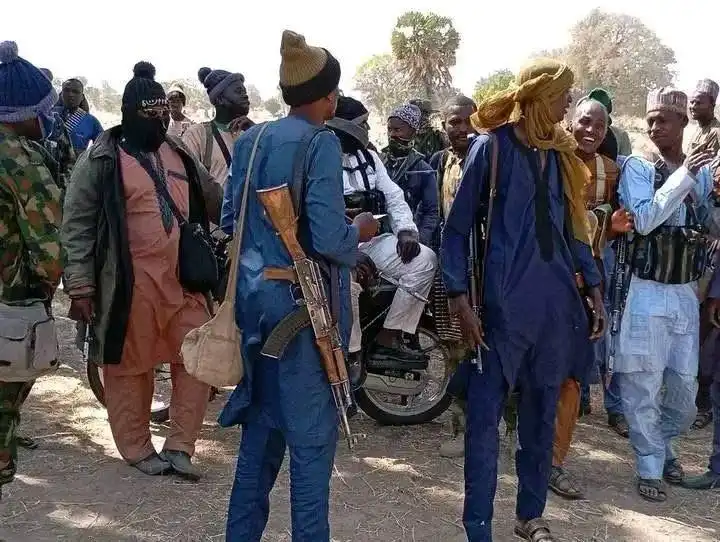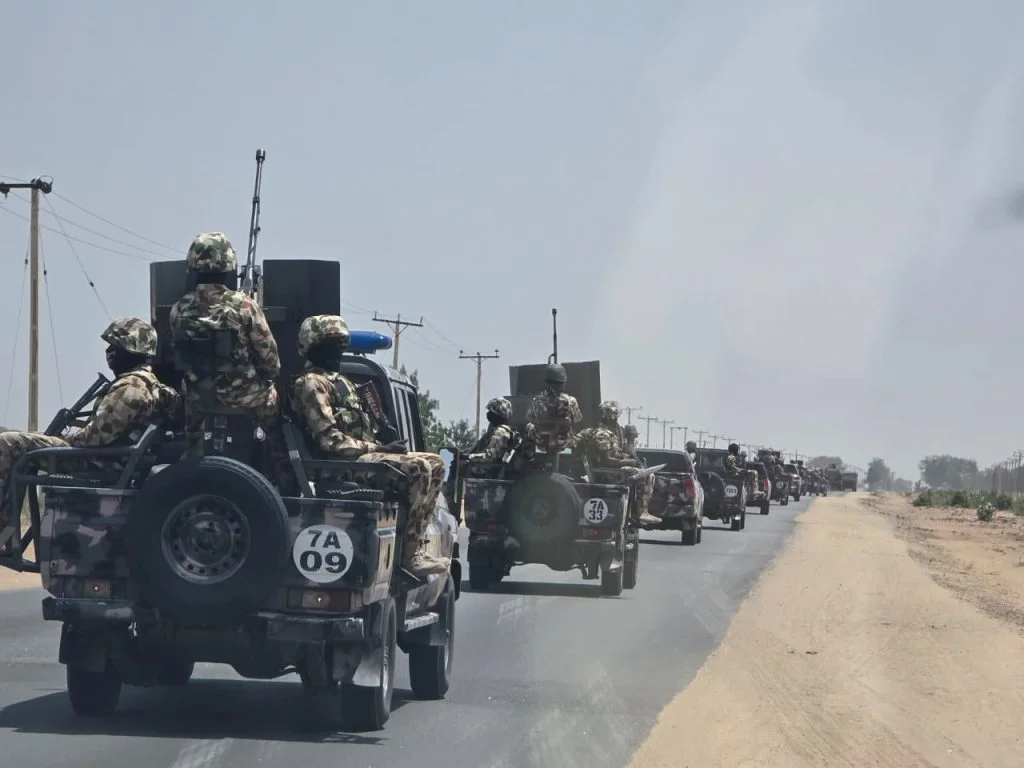Boko Haram, the notorious insurgent group that has waged a bloody campaign across Nigeria’s northeast for over a decade, has reportedly intensified its use of cattle rustling as a key financial strategy. Intelligence and security sources reveal that in addition to its traditional methods of raising funds—such as kidnapping for ransom and illegal taxation—the group is increasingly targeting rural communities to steal livestock, particularly cattle, which are then sold to sustain its terror operations.
This strategic shift marks a disturbing evolution in Boko Haram’s tactics, blending terrorism with organized rural banditry, and further complicating the security situation in Nigeria’s northern regions. Analysts say the move helps the group evade financial tracking mechanisms while maintaining steady revenue streams.
Livestock Raids Become Major Source of Terror Financing
According to local vigilantes, community leaders, and military sources in Borno, Yobe, and parts of Adamawa, Boko Haram factions now regularly ambush nomadic herders and village dwellers, seizing herds of cattle and other animals. These stolen assets are often transported through black-market routes into neighboring countries such as Niger, Cameroon, and Chad, where they are sold for profit.
This low-tech but highly effective tactic allows insurgents to bypass the financial scrutiny associated with electronic transactions. As a result, cattle rustling has become a preferred revenue source—low risk, high reward, and virtually untraceable.
Security analyst Kabiru Adamu told reporters, “Cattle rustling fits Boko Haram’s operational model. It exploits weak rural governance and porous borders. It’s also brutal, disruptive, and economically devastating to already vulnerable communities.”
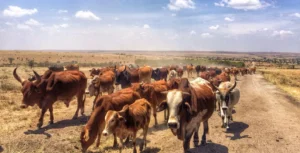
A Symptom of Broader Criminal Convergence
The shift towards livestock theft illustrates the increasing overlap between terrorism, banditry, and transnational organized crime in northern Nigeria. Boko Haram and its splinter groups, including ISWAP (Islamic State West Africa Province), have been known to blur lines between ideological violence and profit-motivated crimes.
This convergence has heightened insecurity in the region. It also reflects how terrorist groups adapt to pressure from military offensives by diversifying their tactics. As counterterrorism operations limit Boko Haram’s ability to control territory and collect levies from civilians, the group has sought alternative means to sustain itself.
Cattle rustling provides them not only with funding but also food, transportation assets (using donkeys and cows), and psychological leverage over rural populations.
Devastating Economic Impact on Rural Livelihoods
The consequences for affected communities are profound. In regions where farming and animal husbandry remain the backbone of the local economy, the loss of livestock to insurgents leaves many families destitute and disoriented.
“We lost everything in one night,” said Ibrahim Musa, a herder from the outskirts of Damboa, Borno State. “They came with guns, took all our cows, and warned us not to return to the grazing land. Now, we have nothing.”
Farmers and herders now live in fear—not only of physical violence but of losing their means of survival. The constant threat of cattle raids has driven many into displacement camps, while others abandon their villages entirely.
Security Forces Struggle to Respond
Despite ongoing military operations across the North-East, security forces have struggled to prevent livestock raids. The difficult terrain, limited rural infrastructure, and shortage of manpower leave large swathes of countryside under-defended.
Moreover, some local informants allege that elements within state security outfits are complicit, turning a blind eye to stolen cattle markets or benefiting from proceeds. These allegations, while difficult to verify, highlight the challenges of corruption and impunity that hamper effective counterterrorism.
The Nigerian government has made attempts to clamp down on cattle rustling in the past, including the launch of joint military-civilian task forces. However, without proper funding, intelligence coordination, and community engagement, these efforts remain fragmented and reactive.
Cross-Border Trade Complicates Countermeasures
One of the most difficult aspects of tackling Boko Haram’s cattle-rustling operations is their reliance on regional smuggling networks. Once stolen livestock cross into neighboring countries, recovery becomes nearly impossible. Furthermore, the proceeds often return through informal financial networks such as hawala systems, making them difficult to track.
Regional cooperation through platforms like the Multinational Joint Task Force (MNJTF) has had mixed results. While some coordinated actions have disrupted terror logistics, porous borders and lack of synchronized policies still enable Boko Haram to exploit loopholes.
Experts recommend closer collaboration between West African nations, particularly in monitoring cattle markets, improving intelligence sharing, and strengthening border patrols.
A Call for Strategic Rural Protection
Analysts agree that to weaken Boko Haram’s financial base, Nigeria must invest heavily in rural security infrastructure. This includes not only deploying security forces but also empowering local vigilante groups, expanding access to communications technology in remote areas, and offering economic alternatives to vulnerable youth.
The government must also tackle the problem from the economic angle—regulating livestock trade networks, implementing a national animal identification and tracking system, and supporting herders with insurance or compensation schemes when livestock are lost due to raids.
“If rural communities continue to feel abandoned, Boko Haram will always find a way to exploit them—either by stealing from them or recruiting from them,” warned Dr. Fatima Yusuf, a security researcher at the University of Maiduguri.
Conclusion: A War Beyond the Battlefield
As Boko Haram shifts its focus toward criminal enterprises like cattle rustling, the war on terror in Nigeria becomes not just a military fight but an economic and social one. Stopping the group requires more than bullets and checkpoints—it demands a holistic approach that secures livelihoods, strengthens rural resilience, and dismantles the financial networks that keep terrorism alive.
Unless Nigeria urgently addresses the root causes of rural insecurity and economic desperation, Boko Haram’s new funding strategy could further entrench the group’s grip on vulnerable regions—and prolong one of Africa’s most devastating conflicts.


